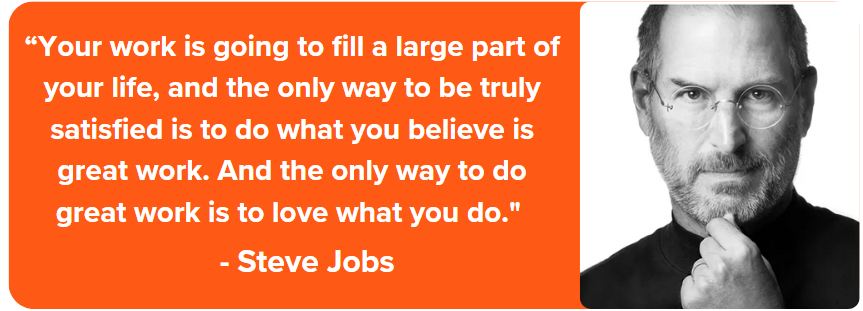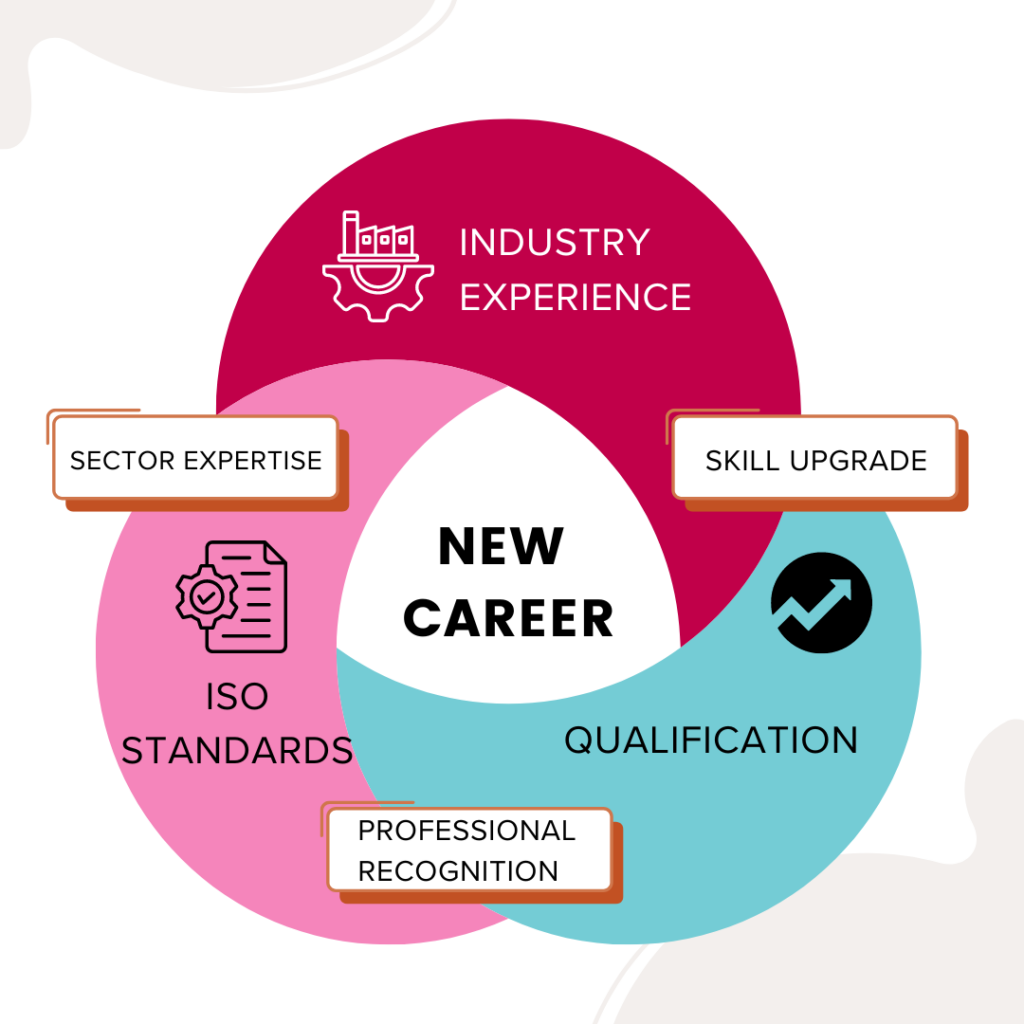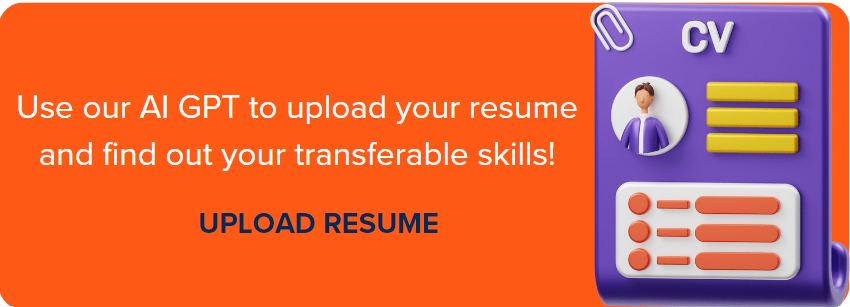May 20th, 2024

A friend of mine was chatting about her daughter’s search for a new direction in her career. With a degree in International Business and a recent completion of a Sustainability for Business program, her daughter was exploring ways to merge her passion for the environment with her career. She considered teaching kids about sustainability, aiming to make a difference from a young age. That’s when I suggested another path, one not immediately obvious but equally impactful: what about the world of environmental management systems, especially focusing on ISO 14001 standards. This would allow her to use her education and passion to help businesses improve their environmental footprint from the inside out. They were surprised; they hadn’t realized that working with ISO 14001 could be a career. It was something they hadn’t even considered.

Pursuing a career in ISO standards is like uncovering a hidden treasure, especially for those with a background in business and a heart for systems. This career path is a hidden gem because many people don’t recognize that their skills and passions can lead them to become consultants or auditors in the ISO systems space. It’s a unique way to make a significant impact by helping businesses operate more sustainably, safer and high customer satisfaction. Just like a hidden treasure that reveals its value once discovered, this career option opens up a world of possibilities for making a real difference in the world of business systems. It’s about finding that secret passage that leads to a treasure trove of opportunities for change and innovation in ISO management systems.
The article 60+ Career Change Statistics for 2024 (That You Didn’t Know!) shows that the primary drivers for people considering a career change include seeking a better work-life balance (27%), aiming for a larger salary (26%), and the desire to try something new (26%). This indicates that factors beyond financial incentives, such as personal fulfillment and work-life harmony, are significant motivators for career transitions.
Experience to ISO Qualification Pathway Model
It’s all about using what you know about business and your sector experience to make a difference in companies today. That’s where ISO standards come in. Imagine taking everything you’ve learned and done so far and using it to start something new. Think of it as putting together all the best parts of your work and studies to open up a door to a new career. That’s what the Experience to ISO Qualification Pathway model is about – showing you how your experience, what you’ve learned, and the ISO standards fit together. It’s a way to see how you could be the one businesses look to for and it could be your next big move.

Industry Experience: Practical knowledge and skills gained through direct work in various sectors. It encompasses understanding industry-specific challenges, trends, and operations.
Skill Upgrade: Enhancing hands-on industry experience with additional qualifications, bridging the gap between practical know-how and theoretical knowledge.
Qualification: Formal education and certifications achieved. It indicates a verified level of expertise and often a specialization in a particular field or discipline.
Professional Recognition: Reflects the status and credibility that come from being formally recognized as a qualified professional in the ISO standards space.
ISO Standards: Signifies familiarity with International Organization for Standardization (ISO) guidelines. It includes knowledge of how to implement and audit these standards within organizations.
Sector Expertise: Denotes specialized knowledge in applying ISO standards within a specific industry, using sector-specific experience to inform best practices in standard implementation.
Your Next Steps to Turn Your Experience into a Qualification
- Identify your Experience: Look at your past work experience and current qualifications. Which industries do you know well? Where does your passion lie? Is it environmental management, quality control, health and safety, or another area? Pinpoint where your expertise aligns with specific ISO standards.
- Gain a qualification: Research the ISO certifications that match your interest and industry focus. Find a reputable training program and invest in getting certified. This will not only solidify your knowledge but also add credibility to your new career direction.
- Gain Practical Experience: If possible, get involved in projects or roles within your current job that relate to ISO standards. This practical experience is invaluable and will give you a taste of what to expect in your new career path.
- Plan your Transition: This could involve looking for consultant roles, reaching out to your network for opportunities, or even offering your services on a freelance basis to gain more experience.
Work with an Expert:
Transitioning to a new career is a journey. Take it one step at a time, and don’t rush the process. Each step you take is a valuable addition to your professional toolkit. Work with an ISO Career Expert Now

View comments
+ Leave a comment